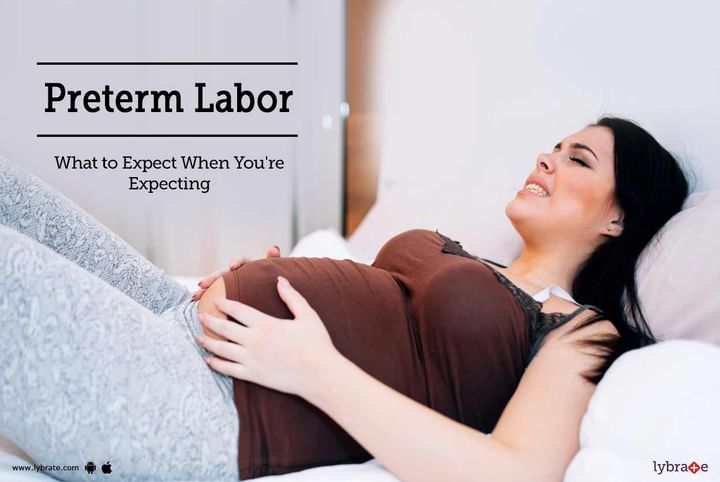Preterm Labor - What to Expect When You're Expecting
Premature labor is also known as preterm labor. This is the term given when the body gets ready for an early delivery in the pregnancy. Labor is considered to be premature if it starts almost three weeks prior to the due date. Premature labor usually leads to early birth, but now this can be delayed with medical help. It is better that the baby grows inside you because there are fewer chances of problems after birth.
Risk of Preterm Labor:
Some of the things which can increase the risk of a preterm labor are:
- Being underweight or overweight before pregnancy
- Poor prenatal care
- Use of alcohol and drugs during pregnancy
- Smoking
- Health conditions such as preeclampsia, infections, diabetes, high blood pressure and clotting disorders
- Pregnant with a bay with birth defects
- Getting pregnant through vitro fertilization
- Pregnant with multiples like twins and triplets
- Becoming pregnant soon after having a baby
Symptoms of preterm labor:
Warning signs should be heeded to stop the stop premature labor, as acting quickly can help. Consult your doctor or midwife immediately in case you have the following:
- Backache, especially in the lower back. Back ache can be a constant feature or might keep coming in intervals; but does not change with a change in position.
- Contractions that take place in each 10 minutes
- A leaking feeling in the vagina or fluid leakage from the vagina
- Cramps in the lower abdomen very similar to menstrual cramps. These usually give a feeling of gas pains and come with a diarrhea
- Symptoms of flu like vomiting, nausea and diarrhea. Must to see a doctor if the liquids cannot be tolerated for more than 8 hours
- The pressure in the vagina or pelvis increases
- Vaginal discharge increases
- There might be light bleeding from the vagina
Ways to check for Contractions
To spot and early labor one must be sure to check for the contractions. Contractions can be checked by the following:
- When the fingertips are placed on the abdomen and the uterus feels too soft or tight then these are contractions.
- Contractions if felt, should be timed and the starting time of these should be noted.
- Contractions should be stopped by changing the position and drinking some water or by walking around
- Doctor or midwife should be contacted if the contractions occur every 10 minutes and the symptoms worsen
Sometime women might experience false labor also known as Braxton Hicks contractions. These are not so strong, are erratic and stop on moving around.
In case you have a concern or query you can always consult an expert & get answers to your questions!



+1.svg)
